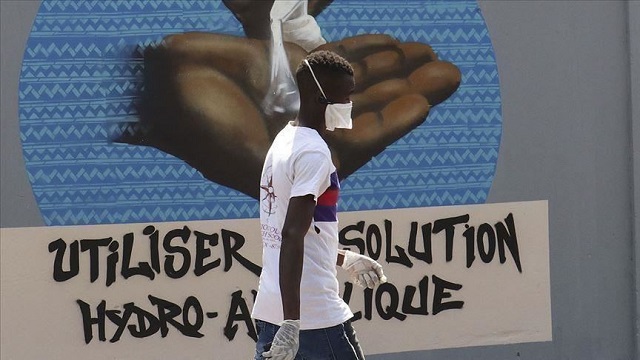
Nairobi, Kenya | XINHUA | Stronger China-Africa ties are key to the post-COVID-19 economic recovery of the African continent, a Kenyan scholar said on Sunday.
Peter Kagwanja CEO, Africa Policy Institute, a regional think tank, said in a commentary published in the Sunday Nation that as the global COVID-19 crisis continues, promoting manufacturing and technological innovation is emerging as key to Africa’s COVID-19 response and recovery.
“With the resurgence of isolationism, protectionism and shrinking resources for investment from Africa’s traditional partners in the West, cooperation with China offers a common response and recovery strategy for African countries to combat COVID-19 while promoting manufacturing to roll back poverty, provide jobs and livelihoods,” Kagwanja wrote.
He noted that rising economic nationalism, isolationism and protectionism in the West has made Africa’s cooperation with China even more urgent and pivotal.
“But with the resurgence of the cold war-era geopolitics, signified by trade and technology wars between America and China, Africa has to make bold and enlightened choices in favor of its post-COVID-19 recovery and greater development,” he observed.
Kagwanja said that since February, Beijing has collaborated with the 54 African countries to fight COVID-19, noting that since COVID-19 struck, Africa has waged two wars.
“The first is the war to contain the spread of the virus, which affected more than one million people. The other is the war against poverty that would come from succumbing to the disease either as a health threat or as an economic threat,” he added.
The scholar observed that the full impact of the COVID-19 pandemic on African economies is yet to be assessed but what is certain is that it has exacted a heavy toll on jobs and employment, disrupted manufacturing supply chains, leading to a shortage of raw materials, reduced orders and led to the closure of manufacturing plants around the world.
According to the scholar, South-South cooperation offers new avenues of recovery from COVID-19 and sources of investment to spur industrialization.
He revealed that over the past two decades, China has expanded its footprint in Africa’s manufacturing and industrialization.
Kagwanja said the launch of the Forum on China-Africa Cooperation (FOCAC) in 2000 moved this cooperation to a whole new level in the 21st century, providing a new strategic framework for collaboration in Africa’s industrialization and infrastructure.
“African countries are increasingly participating in China’s multi-trillion-dollar Belt and Road Initiative,” he noted.
Kagwanja said that China has been the continent’s leading trading partner since 2009 and there are nearly 100 China-Africa joint industrial parks under construction across the continent.
He noted that Beijing’s investment stock in Africa now exceeds 10.8 trillion shillings (100 billion U.S. dollars), the largest investment by a single country on the continent and there are more than 10,000 Chinese firms on the continent, about one-third of them in manufacturing.
According to the scholar, China’s development assistance has immensely contributed to a hopeful Africa, rising up and out of poverty.
He said the Asian nation has also calibrated its foreign policy and investments to support Africa’s Agenda 2063, the continent’s development blueprint.
******
XINHUA
 The Independent Uganda: You get the Truth we Pay the Price
The Independent Uganda: You get the Truth we Pay the Price



